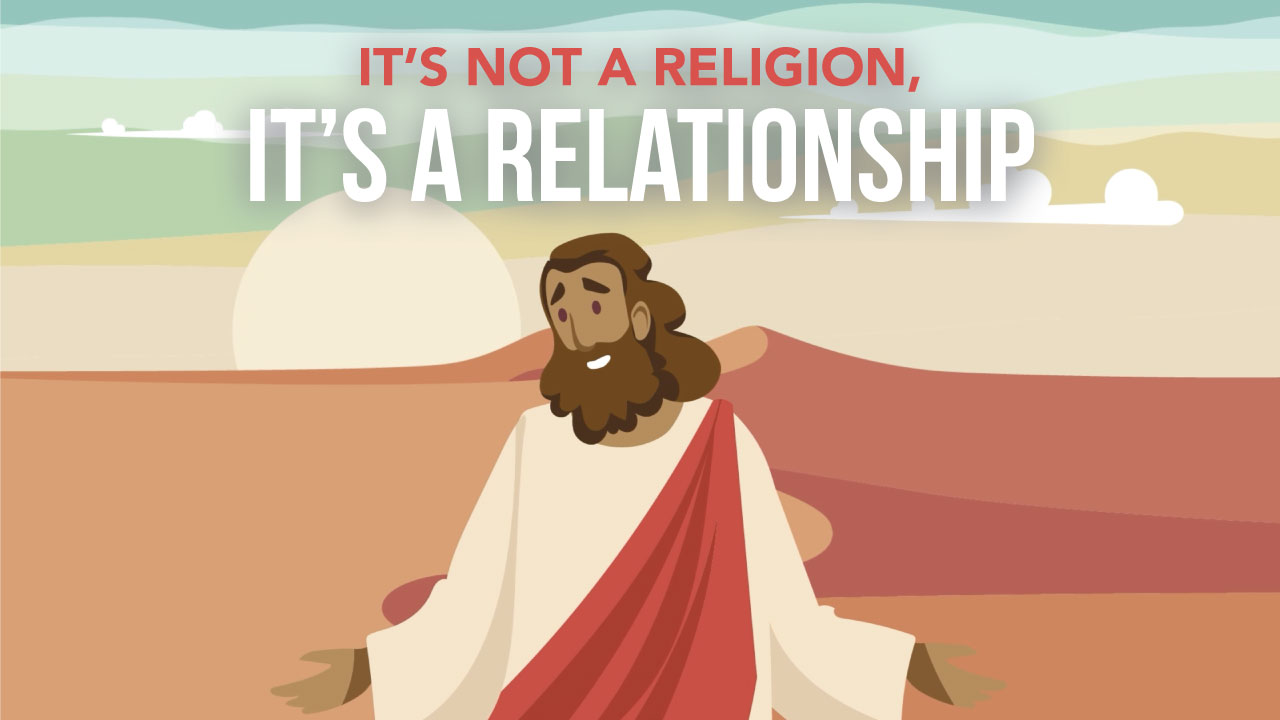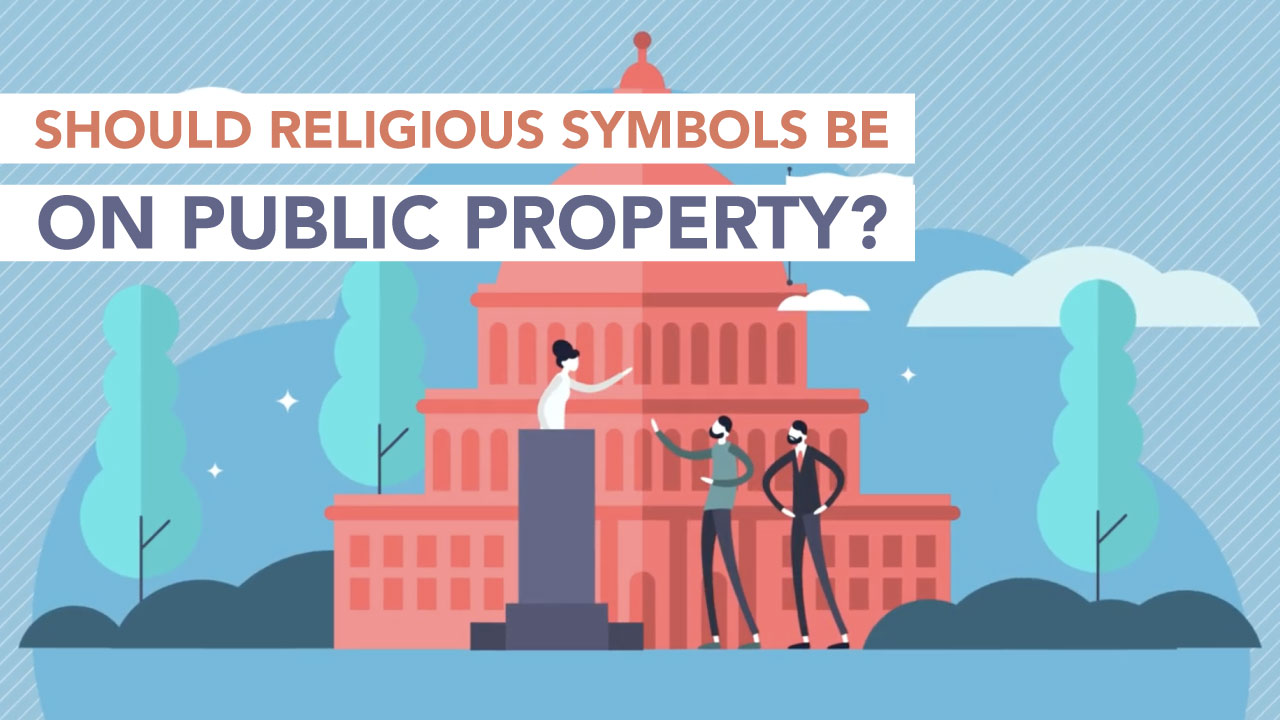Do You Have to Choose Between Science and Religion?
What would you say?
You’re talking about faith with someone and they tell you they don’t believe in God because they believe in science. They say that you have to choose?
What would you say?
There are those who believe that science and religion are in conflict and that someone must choose whether they want to believe in science or believe in religion. If you ever hear this argument, here are four things to remember.
1. Modern Science was started by Christians.
2. Many of the best scientists today are people of faith.
3. Science explains “how”. Religion explains “why”.
4. Science can’t explain everything.
- Transcript
- Watch More
You’re talking about faith with someone and they tell you they don’t believe in God because they believe in science. They say that you have to choose? What would you say? There are those who believe that science and religion are in conflict and that someone must choose whether they want to believe in science or believe in religion. If you ever hear this argument, here are four things to remember. 1. Modern Science was started by Christians. Many of the founders of modern science were Christians. Men like Galileo, Kepler, Pascal, Boyle, Newton, Faraday and Clerk-Maxwell were all firm believers in God. They weren’t scientists despite being Christians. It was their faith that moved them to want to discover more about the world they lived in. As C.S. Lewis wrote, “Men became scientists because they expected Law in Nature, and they expected Law in Nature because they believed in a legislator.” Far from hindering modern science, faith in God was one of the motors that drove it. 2. Many of the best scientists today are people of faith. Between 1901 and 2000, over 60% of Nobel Laureates were Christians. If our best scientists are people with deep, sincere religious faith, there may be a misunderstanding by some about what religious faith is, but there cannot be an essential conflict between being a scientist and faith in God. 3. Science explains “how”. Religion explains “why”. One reason that science and faith are not in conflict is that they are complimentary. Imagine there is a boiling pot of water and someone asks “Why is this water boiling?” You could say, “because heat energy from the gas flame is being conducted through the copper base of the kettle and is agitating the molecules of the water to such an extent that the water is boiling.” This is a true statement. But, you could also answer by saying, “Because I wanted a cup of tea”. Though very different, this is also a true statement. One answers explains “how” the water boils, while the other answer explains what caused the conditions that made it boil. So it is with science and religion. They are not in conflict, they are complimentary as we seek to understand both “how” and “why”. 4. Science can’t explain everything. Science describes the laws the nature, but it can’t explain where matter came from. It can’t explain how life began. It can’t explain the purpose of our lives, what it means to love, or why we desire to do things we know we shouldn’t do. It’s not only possible to be curious about these big questions as well as scientific questions, but it’s strange not to. The fact is, science and religion are not a mutually exclusive choice, instead it’s more like learning to walk and chew gum. So next time someone tells you science and religion are in conflict, remember these four things. Science was started by Christians. You don’t start fields of study you don’t believe in. Many of the best scientists today are people of faith. 60% of Nobel Laureates in the 20th century were Christians. Science considers “how”. Religion considers “why?”. They aren’t in conflict, they are complimentary. Science doesn’t explain everything. It’s not only ok to think about things beyond the realm of science, it’s healthy.


